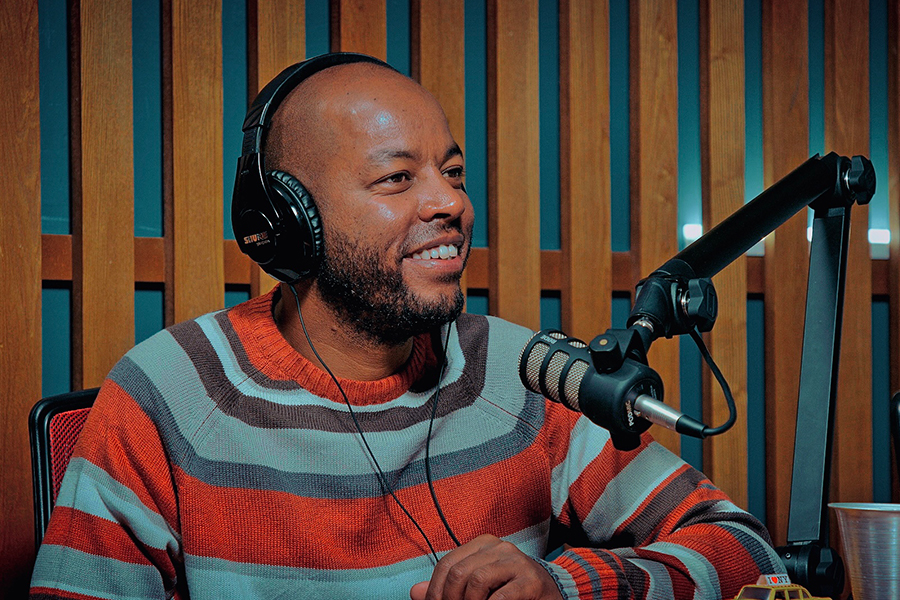
Featured | Sep 08,2024
Nov 16 , 2019
While there are both pros and cons in the international adoption system, our ancestral ways like gudifecha – the local adoption system - can be the guiding wisdom in building a new structure to protect orphaned children, writes HANNA HAILEin View from Arada.
Al Jazeera recently released a documentary on their regular Witness programme of an Ethiopian girl who was adopted by a family residing in Denmark. The journey of her return was broadcast as she led the audience through the trauma she and her family experienced. Her older sister between falling tears remarks, “the broker told us the foreigners prefer younger children, which is why I stayed behind.”
The normalised manner in which this young woman spoke about deals being brokered to take her siblings is chilling. While children being snatched from their mothers' arms for middlemen to make profit is nothing short of outrageous, it is not a new phenomenon either.
The commoditisation of black bodies has always been the harsh truth of this world. From the first 19 black people to be forcibly sent to Jamestown, Virginia in the United States in 1619 as slaves, black bodies have been seen and used as a commodity. Today out of Africa, its citizens are still exploited through social, religious, economic and political factors, which uphold the sustained commodification of black bodies in its many forms.
Ethiopia has appeared in articles that offer cheap programmes to adopt children for many years and in advice columns that give hope to wishful parents. In 2012, American families took part in 7,000 international adoptions. Most of those children were born in China, Ethiopia, Ukraine, Haiti and the Democratic Republic of the Congo.
Countries like the United States are currently seeing an 81pc decline in international adoption, according to Intercountry Adoption Accreditation and Maintenance. In an effort to boost international adoption, the United States policy on the matter has been to try and diplomatically restart adoptions from countries that are currently not open to international adoptions.
Ethiopia has closed its doors to hopeful parents from other parts of the world since January 2018. While there are advocates on all sides of the moral spectrum that have argued this subject through and through, the safety of children should be of the utmost importance.
Yet in some of the arguments the interest to "build" a family by the foreigners seems to be weighed more importantly than the children’s interests. To be able to produce for the demand of another family has fallen on the backs of the black and brown people of the world. And this, unfortunately in some instances, has also opened up to child trafficking schemes where children fall victim to the harsh and dark side of evil.
Lemn Sisay, an Ethiopian who ended up in the British Care System through falsified documents and pretences made on behalf of his mother by a British social worker, has often spoken aloud about the subject of adoption. Lemn was discarded by his adoptive parents and "returned" to the state where he would live the rest of his young life until he was 18 and not legally bound to stay. He was quoted by BBC as saying “having an African baby is often a sign to non-African adopters of their philanthropic, political, familial or religious credentials.”
African Child Policy Forum, an organisation based in Addis Abeba, stated, “The majority of so-called orphans adopted from Africa have at least one living parent and many children are trafficked or sold by their parents."
An adopted returnee once confided in me that her time in Ethiopia was used to search for her original family in Addis Abeba. This treacherous journey of many obstacles ended in my acquaintance finding her family. She finally was feeling a pinch of home, which was why she had come to live in Ethiopia. But it was an emotional and strenuous time till the investigator she had hired had found her birth family.
As she rejoiced, questions of why her mother had chosen to abandon her and keep the rest of her children at home swirled in her mind, while the children seeing their sister coming from abroad with success and comfort made them question why their mother chose to save only her.
The arguments around international adoption is more than an ethical dilemma. It is about an imperfect man-made system that should at the heart serve abandoned children, yet in this money-centred world, adoption has at times been found to put children in harm’s way.
While some adoptions have created happy and healthy families, a country like Ethiopia with rich tradition of caring for those vulnerable children can find a way to incorporate that tradition with modern living. It is the weakest among us all that represents the strength of our nation. Our ancestral ways like gudifecha– the local adoption system - can be the guiding wisdom in building a new structure to protect the children left in this world with no parents. To bring up children in Ethiopia has always been the work of the village, not only those who bare them.
PUBLISHED ON
Nov 16,2019 [ VOL
20 , NO
1020]


Featured | Sep 08,2024
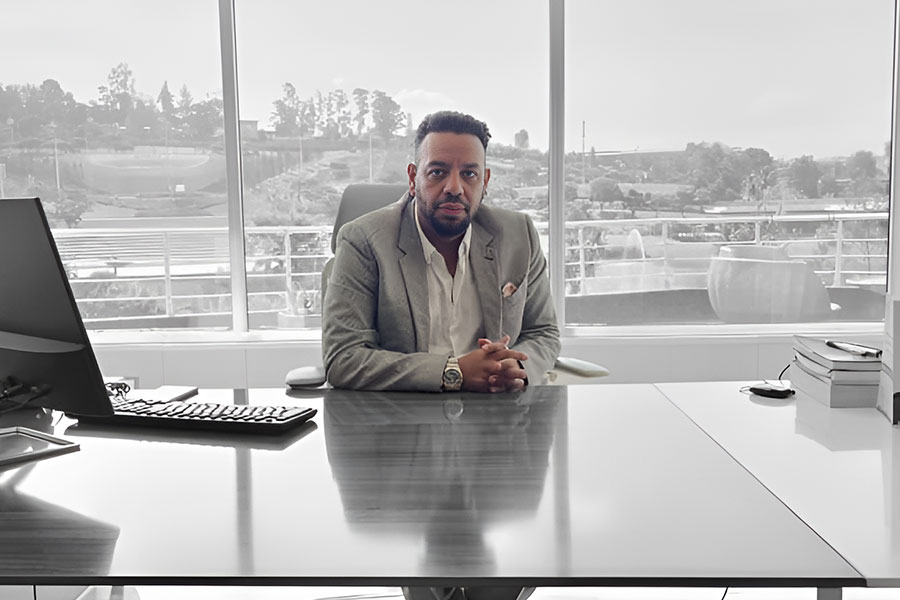
Exclusive Interviews | Apr 19,2025

Viewpoints | Aug 03,2019
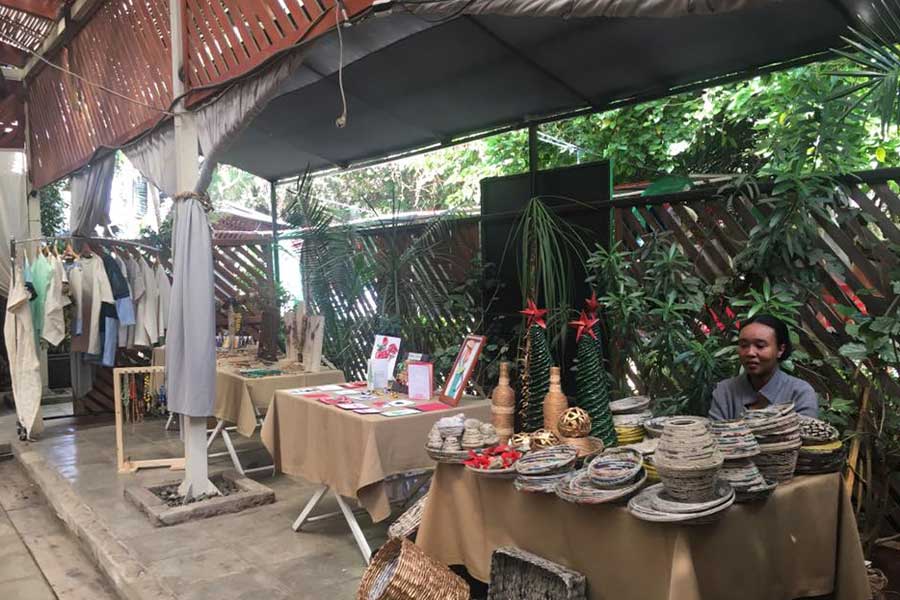
Featured | Jan 05,2020
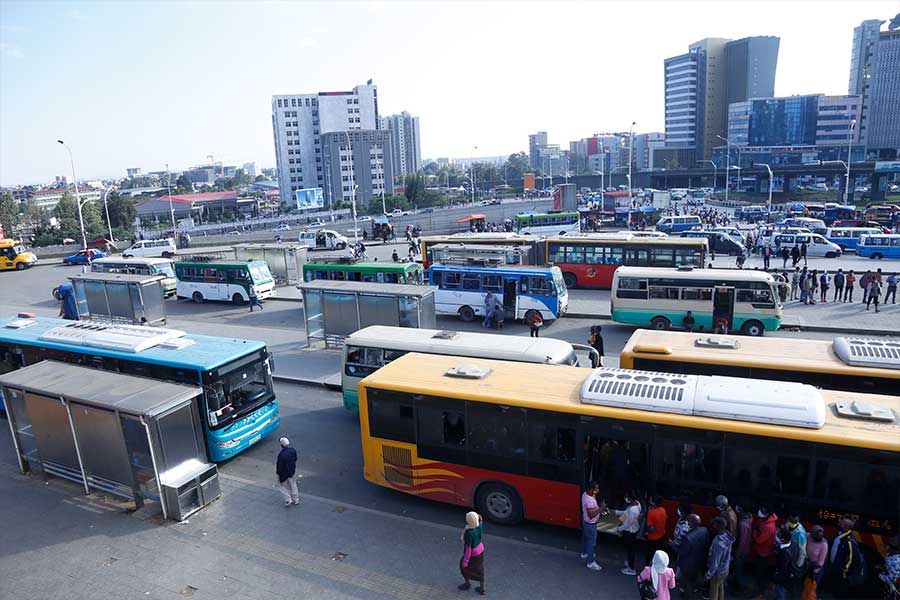
Featured | Oct 31,2020

Fortune News | Feb 02,2019

Commentaries | Jul 20,2024
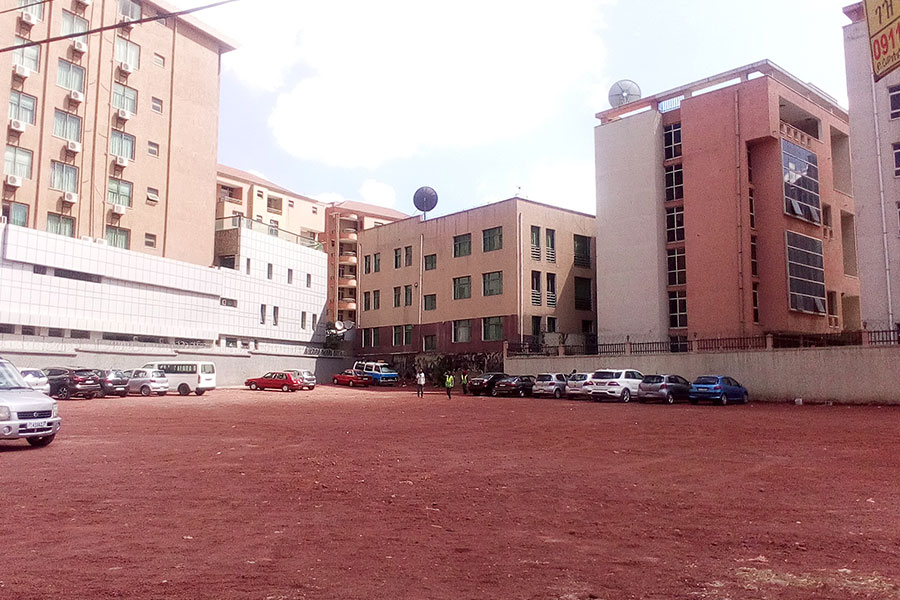
Featured | Mar 30,2019

Life Matters | Apr 13,2024

Life Matters | Sep 20,2025

Dec 22 , 2024 . By TIZITA SHEWAFERAW
Charged with transforming colossal state-owned enterprises into modern and competitiv...

Aug 18 , 2024 . By AKSAH ITALO
Although predictable Yonas Zerihun's job in the ride-hailing service is not immune to...

Jul 28 , 2024 . By TIZITA SHEWAFERAW
Unhabitual, perhaps too many, Samuel Gebreyohannes, 38, used to occasionally enjoy a couple of beers at breakfast. However, he recently swit...

Jul 13 , 2024 . By AKSAH ITALO
Investors who rely on tractors, trucks, and field vehicles for commuting, transporting commodities, and f...

Nov 1 , 2025
The National Bank of Ethiopia (NBE) issued a statement two weeks ago that appeared to...

Oct 25 , 2025
The regulatory machinery is on overdrive. In only two years, no fewer than 35 new pro...

Oct 18 , 2025
The political establishment, notably the ruling party and its top brass, has become p...

Oct 11 , 2025
Ladislas Farago, a roving Associated Press (AP) correspondent, arrived in Ethiopia in...